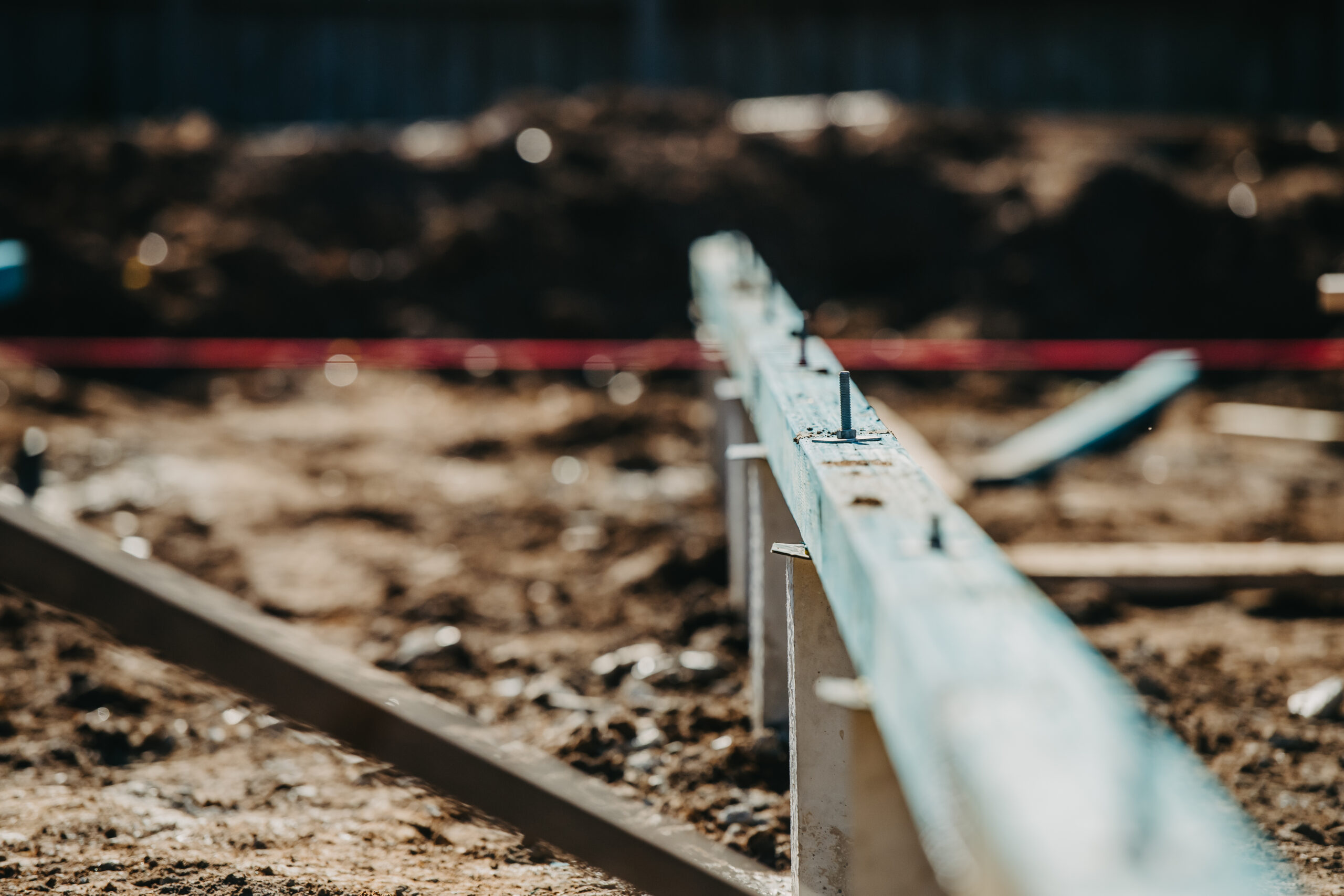Understanding your property’s soil composition is crucial before breaking ground on any construction project. Soil types can generally be categorised as granular or clay-based, and many properties feature a blend of both.
Why Soil Types Matter:
- Granular Soil: Often susceptible to erosion, this soil type can lead to foundation instability over time.
- Clay Soil: Clay-based soils are prone to changes in volume due to moisture content. These fluctuations, known as “swell and shrink,” can cause significant foundation issues.
- Obtaining a Soil Classification: To pinpoint the soil characteristics of your property, a geotechnical report, commonly known as a soil test report, is necessary. This report places particular emphasis on clay soils, as they are frequently the cause of structural movement. The soil’s propensity for swell and shrinkage is evaluated and classified according to Table 2.1 of the AS 2870 Residential Slab and Footing Code guidelines.
In summary, soil testing is vital in assessing the suitability and stability of the ground where you plan to build. This proactive measure can help you avoid costly and potentially dangerous construction issues.

